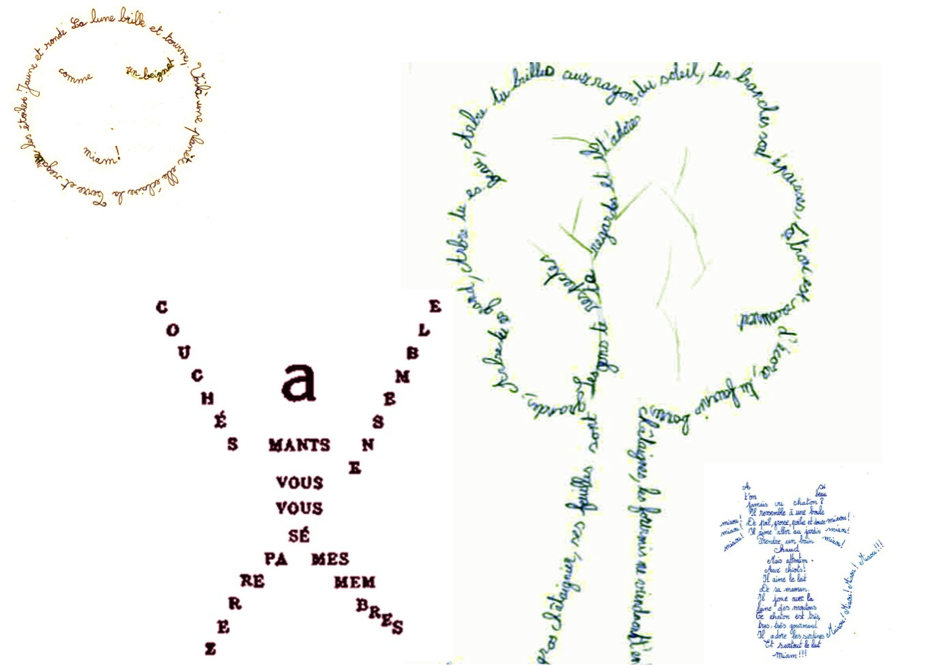Calligrams for Children: How to Write a Calligram Poem
Calligrams for children offer a fun and creative way to explore poetry through art. By shaping words and phrases into meaningful images, kids can express their thoughts and feelings while enhancing their writing skills. In this post, we will guide you through the exciting process of creating your own calligram poetry. You will discover tips for brainstorming themes, choosing the right words, and designing visually striking pieces that captivate both the imagination and the eye.
What is a Calligram?
Calligrams are a word or piece of text in which the design and layout of the letters creates a visual image related to the meaning of the words themselves.
What is a “Letterscape”?
A “letterscape” is what I call a landscape drawn with text. More accurately, a letterscape is a form of calligram, a piece of text in which the design and layout of the letters create a visual image related to the meaning of the words themselves.
This calligram activity is part of a broader lesson on calligram poetry, which is part of an even bigger series on Surrealism. You can find both here:
- Play Like a Surrealist: 13 Surrealist Games and Techniques to Unleash Kids Creativity
- How to Create Calligram Poetry: Surrealism Art Interdisciplinary Lesson Plan
- Calligraffiti: The Evolution of Islamic Calligraphy in Contemporary Art
- 8 Surrealist Games You Can Do with Just an Old Magazine
“Letterscape” Calligrams for Children Art Activity

Objectives:
For this project, students will create a “letterscape”. To do so, they will sketch a preparatory drawing which will then be filled with written words.
Materials for exploration:
- Paper
- Pencil
- Pen
- Erasers
- Optional: Text references (books, poems, magazines…)
Preparation:
Choose what source will students use for their written text.
- Will they copy from a book?
- Will they use famous poems?
- Will they write their own?
- If they are not a confident writer yet, consider using simple words or even just letters and turn it into a fun exercise of spelling and calligraphy.

Exploration Process:
Introduce calligram poetry to students. According to the age group, this can take from a few minutes to one or more lessons.
Introduce them to their text source. If they will be writing their own poetry, plan enough time for that to happen.
Have students draw their preparatory sketches with pencil and write the text with markers or pens. The pencil can be simply erased later on.
Kids can also work in groups to create a stunning collective work.
Further Exploration:
Letterscape art could be a useful exercise to practice descriptions, as students could write about particular objects while outlining their shapes.
One possible variation is to use a book of choice as inspiration: students will create an original illustration, but instead of using lines and colors, they will fill it with text from the book.









